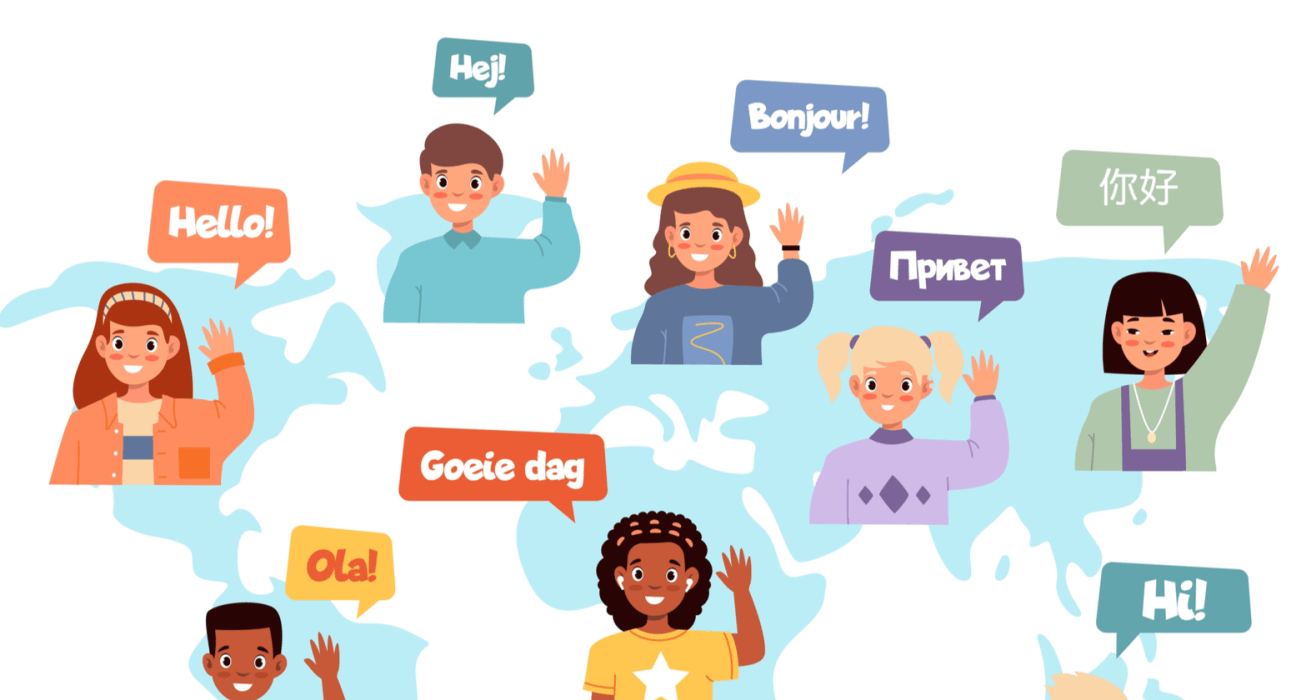The importance of educating in more than one language cannot be overstated. As globalization continues to increase, educating students in more than one language can help students gain a global perspective. While learning a new language can be a challenge, it can also help students improve their learning outcomes and develop their social and emotional skills. However, the benefits of educating in multiple languages are far more widespread than one might expect.
Benefits
Learning a second language can have numerous benefits. For starters, it will improve a person’s cognitive development. Learning another language improves a person’s ability to categorize objects and understand color. Additionally, learning a new language stimulates a person’s creative mind. The act of learning a new language requires a child to find new ways to express feelings. This creative process can enhance a person’s overall creativity.
Disadvantages
One of the advantages of learning a second language is the exposure to foreign cultures. Learning a second language also opens up new opportunities for communication and friendships. However, some disadvantages of educating children in more than one language should not be underestimated. Learning a second language can also boost a child’s logical thinking and concentration. But there are also disadvantages of learning a foreign language at an early age.
Strategies
There are many different approaches to teaching children to learn several languages. Some parents choose to speak one language at home while the other is the primary language of instruction. Others may choose a combination of the two. In these situations, the primary language of instruction may be one of the parents’ mother tongue or one of two languages spoken at home. Some parents choose to teach their child both languages at home and another dominant language outside the home.
Globalization
The importance of educating in several languages for the future of globalization is unquestionable. Globalization is a process of international integration and has an enormous impact on the way people live and learn. By understanding how globalization affects languages and education, educators will be able to better serve changing populations. Whether it is a simple question of recognizing cultural diversity or addressing ethical issues, educating in multiple languages is important for today’s world.
Job security
The advantages of learning several languages go beyond just personal and professional growth. For those with a strong interest in a foreign language, it can provide a distinct advantage over monolingual workers. In addition to gaining an edge over other applicants, learning a second language can increase your job security in professional translation companies. Thus, the importance of education in several languages is not only a matter of personal choice but also a crucial factor in job security.







